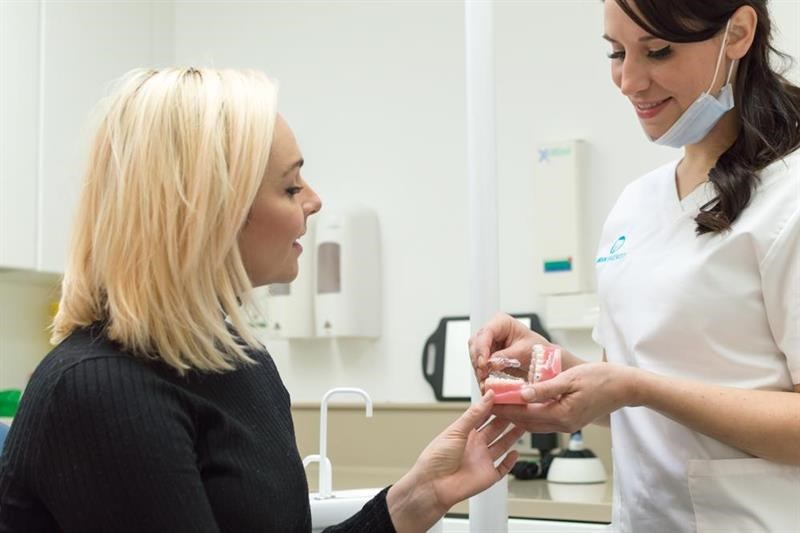The salesmanship of dental care
Published: 27/05/2018
We all have strong opinions on topics and causes close to our heart – and we are lucky to live in a democratic society in which everyone has the right to express them.
Indeed, many of us most probably take for granted the human right of freedom of speech – whether verbally or in writing and especially in an environment that allows us all access to the internet that is designed to easy facilitate this right.
At a local level, many of us will argue passionately with friends, family and colleagues when the moment arises – and will defend the right to our beliefs vehemently.
Indeed, opinion sharing, arguments and debate are the very bedrock for change and, in this way, we may very often discover solutions to issues that perhaps divide us. But how many of us have the confidence to speak our mind in a professional capacity?
Impassive and indifferent
In a healthcare setting, to remain impassive on key topics relevant to your profession is arguably tantamount to indifference. Do you have regular staff meetings or morning ‘huddles’? If so, how often do you raise concerns or challenge the status quo?
And, how many times have you wanted to interject when conversations in your world outside the surgery turn to illegal teeth whitening or other controversial topics, such as DIY braces, the pros and cons of charcoal toothpaste, flossing, the sugar debate, the value of NHS dentistry and so on?
Are you vocal when patients ask advice or request recommended products? Sharing evidence-based key messages about dental care is important in a world of misleading and conflicting information often gleaned from the internet. There is a professional expectation upon you to educate patients – and responding to queries or correcting bad information, in or out of the practice, is part of this process.
Many dental care professionals remain uncomfortable about product recommendations, despite dentistry becoming an increasingly consumer-driven industry.
But trust lies at the heart of all successful relationships – and nowhere is this more true than in the delivery of healthcare. Trust provides the essential foundation upon which all associations between healthcare giver and patient are built. And it is dental nurses who very often are at the forefront of such patient communication. Therefore, with evidence to support your suggestions, ethical selling is part of this process.
As writer Dave Hancock noted in Dental Nursing two years ago: ‘While you undoubtedly already have what might be described as “soft” selling skills – because you describe a treatment in a positive light if a patient asked about it – the skill required to actually sell something to a patient in return for money is at a whole different level. Such a situation may well arise while sitting in on the reception desk or covering for a TCO on holiday. It might be an inexpensive toothbrush, something of greater cost such as a treatment plan or a long-term commitment such as a dental plan.’
London Hygienist
In the June issue of the same journal, 'London Hygienist' Anna Middleton – whose business success is largely thanks to her own positive online voice – offers some great tips on comfortable communication and ethical selling.
Everyone needs to understand the possibilities within dentistry – both from a ‘practice profit’ points of view as well as the management of patient expectations. There is an onus on all practice team members to discuss treatment options, whilst building a relationship of trust with each and every patient.
Speaking our mind is never a negative. Arguably, keeping quiet and having little input or influence over the future of patients’ oral health is. So, don’t be nervous about taking centre stage. Sharing your opinions in a persuasive and honest manner – with emphasis on the evidence to support them – is simply another key skill in your armoury.
Author: Julie Bissett

.jpg?width=300&height=200&scale=canvas)







.jpg?width=150&height=100&scale=canvas)



